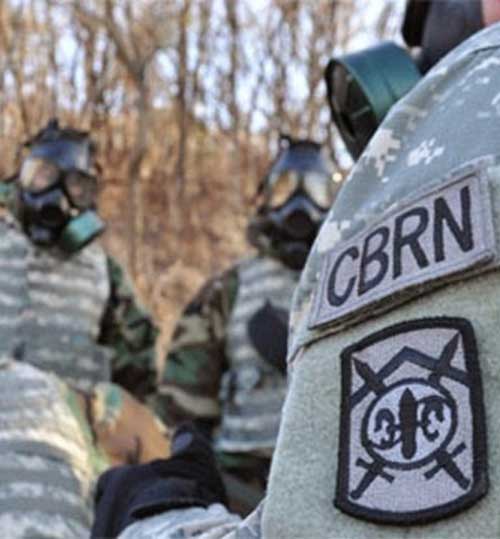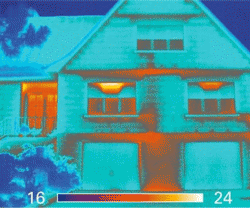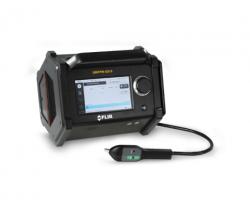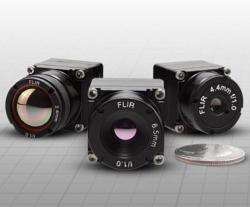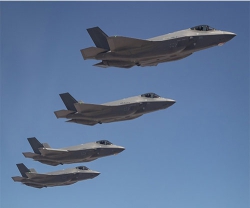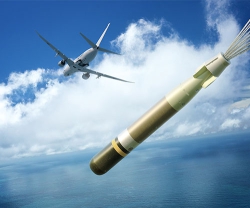FLIR Systems, Inc. announced it has received a delivery order for 50 U.S. Army Chemical, Biological, Radiological, and Nuclear Dismounted Reconnaissance Sets, Kits, and Outfits (CBRN DR-SKO) systems.
The delivery order is under a five-year indefinite delivery, indefinite quantity (IDIQ) contract from the U.S. Department of Defense (DoD), in support of the Joint Program Executive Office for Chemical and Biological Defense (JPEO-CBD) DR-SKO Program of Record.
The order is valued at $54.2 million, with deliveries extending through the second quarter of 2018.
The CBRN DR-SKO system is a set of mission specific kits that characterize and provide full spectrum CBRN dismounted reconnaissance capability utilized by the U.S. Military Joint Services, including units within the Army, Navy, Air Force, Marines, and National Guard Weapons of Mass Destruction-Civil Support Teams. The program has been in development since 2008 with FLIR Systems, Inc. as the prime contractor.
“We are honored to continue providing our turnkey DR-SKO solution that addresses the current and emerging threats by equipping U.S. soldiers with the best-in-class technology for their mission,” said Andy Teich, President and CEO of FLIR.
“This delivery solidifies our continued support to provide innovative, mission-critical solutions to keep our country safe and maintain our stance as a leader in the CBRN market,” he added.
Since the CBRN DR-SKO IDIQ was awarded in December 2014, over 100 systems have been delivered to the U.S. Department of Defense, with production being performed out of FLIR’s facility in Elkridge, Maryland.
FLIR Systems, Inc. is a world leader in the design, manufacture, and marketing of sensor systems that enhance perception and awareness.
FLIR’s advanced thermal imaging and threat detection systems are used for a wide variety of imaging, thermography, and security applications, including airborne and ground-based surveillance, condition monitoring, research and development, manufacturing process control, search and rescue, drug interdiction, navigation, transportation safety, border and maritime patrol, environmental monitoring, and chemical, biological, radiological, nuclear, and explosives (CBRNE) detection.

